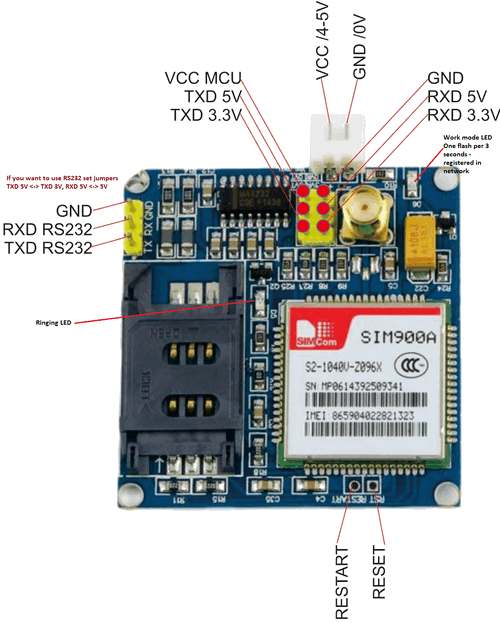Python has the pretty good library “WiringPi-Python“, but it depends on WiringPi2 for Raspberry Pi and cannot be installed automatically through pip. Here is a solution.
In my project I want to control a battery voltage and a charging state for my LiPo battery. Therefore I’ve added the ADS1115 board.
I’ve installed WiringPi2 for BPi and tried to read analog inputs through the gpio command line utility.
1
| $ gpio -x ads1115:200:0x48 aread 200 |
The main disadvantage of this method for me is the default analog reading settings: 128 samples per second and +/-4.096V range (my battery voltage is 4.2V). You cannot change these setting in the command line utility.
